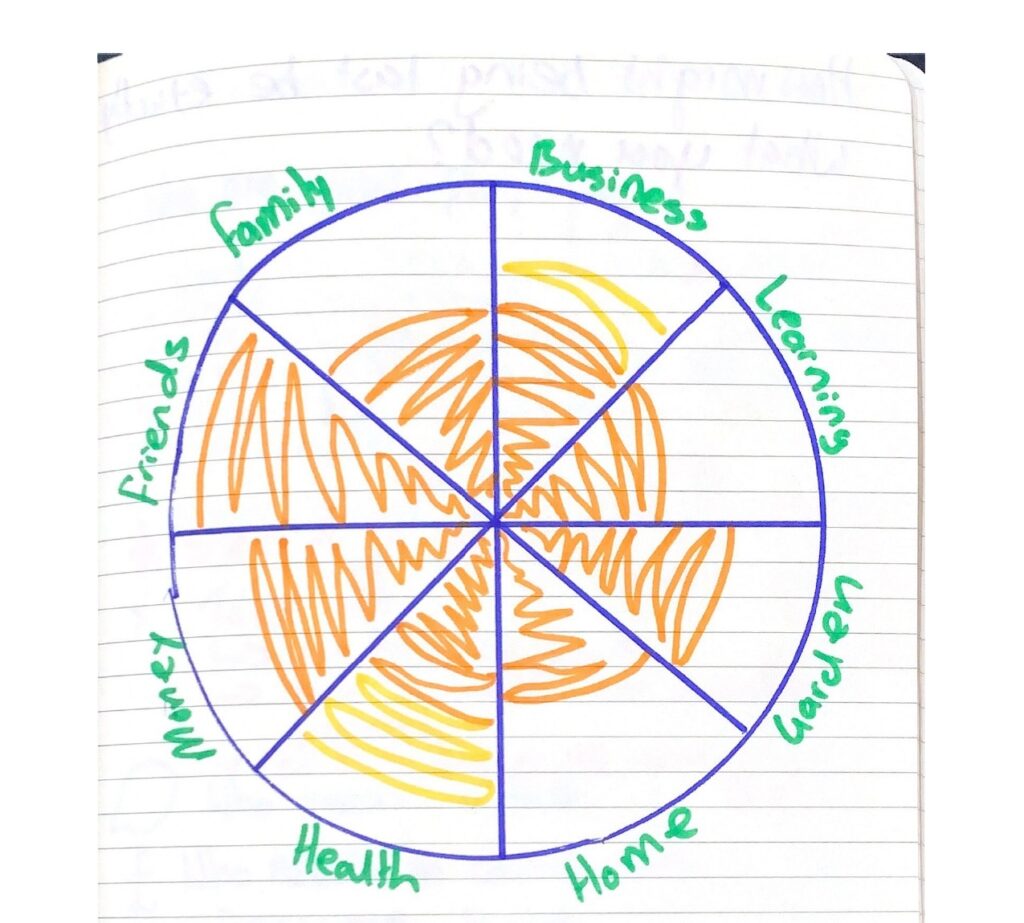Presenting tips part 3 : Control your environment
I have never done a presentation or facilitated a workshop without at least one thing going wrong.
But guess what?
When something does go wrong the audience hardly ever notices. I’m the only one who knows the plan so they are none the wiser.
That little secret helps me enormously as does this next top tip.
Top tip: Control the things you can and forget the rest
Take a moment to list everything that needs to happen or that you’re worried about for your next presentation.
Now go through that list and highlight each item that you have direct control over. Things like:
What you’re wearing
I choose clothes that make me feel confident, comfortable and are easy to move in. Definitely nothing with long sleeves so I’m not tempted to pull them down when I feel nervous.
Think about jewellery as well, if you’re being mic’d up don’t wear anything that could knock against the mic or jangle when you move.
Getting there early
I ask the organisers if I can get into the venue 30-45 minutes early so I can test the technology and make any changes I can to the layout. If possible, I try to visit the venue in the lead up so I can request what I need ahead of time.
This frees me up to greet people as they arrive which helps me to relax and also mentally tips the balance of power in my favour. I feel more confident when I feel responsible and greeting everyone is like inviting them into my home.
For virtual presentations I try to be in the room 15-20 minutes before so I can test slides, sound and position myself in the most flattering way.
Practice, practice, practice
I know that I am at my most nervous at the beginning so I practice the first 5-10 minutes the most, after this I usually hit my stride.
So, I have learnt to push through the cringe of talking to myself out loud (I’m reading this out loud now) and I practice everywhere, in the shower, eating breakfast, out walking. I’ve realised that if I hold my phone to my ear people assume I’m talking to someone.
What to say in tricky situations
Having some scripts of what you can say in those moments you dread makes them easier to cope with and always remember to breathe. So here’s some ideas of what you can say when:
You get asked a question you don’t know the answer to:
“Great question, I’m going to ask the rest of the room if they want to comment first.”
“I can’t think of an answer to that off the top of my head but if you send me an email I’ll get back to you.”
You’ve lost your place:
“Ok, so take a moment to have a chat to your neighbour about how this relates to you.” (while they are talking you can check your notes and get back on track).
The technology fails:
“Well that didn’t go to plan, folks could you all take a moment to talk to the person next you about your thoughts so far while I get this fixed.”
The speaker before me is awesome and high energy:
“Let’s have another round of applause for Sasha, you did a great job of warming the crowd up for me”
What would you add to this list?
Image Description : A person standing at the front of the room pointing to a presentation on screen.
Image Credit : Photo by ThisisEngineering RAEng on Unsplash
What do I do with what I can’t control?
Nothing.
Every time you think about the things you can’t control take a long deep breath. Then remind yourself that they’ re out of your control and reassure yourself by listing all the things you can control.
You need to be persistent and consistent with doing this.
Putting your energy into things that you can’t control is only going to activate your survival response and lead to more stress and anxiety.
If you’re finding it hard to let go, try talking it though with a friend to get their reassurance that you have controlled all you can.
Remember, something is going to go wrong and your audience will probably not even notice.
Never want to miss another letter? Click now to sign up for weekly tips on how to be more coach-like in your work, career and life.




